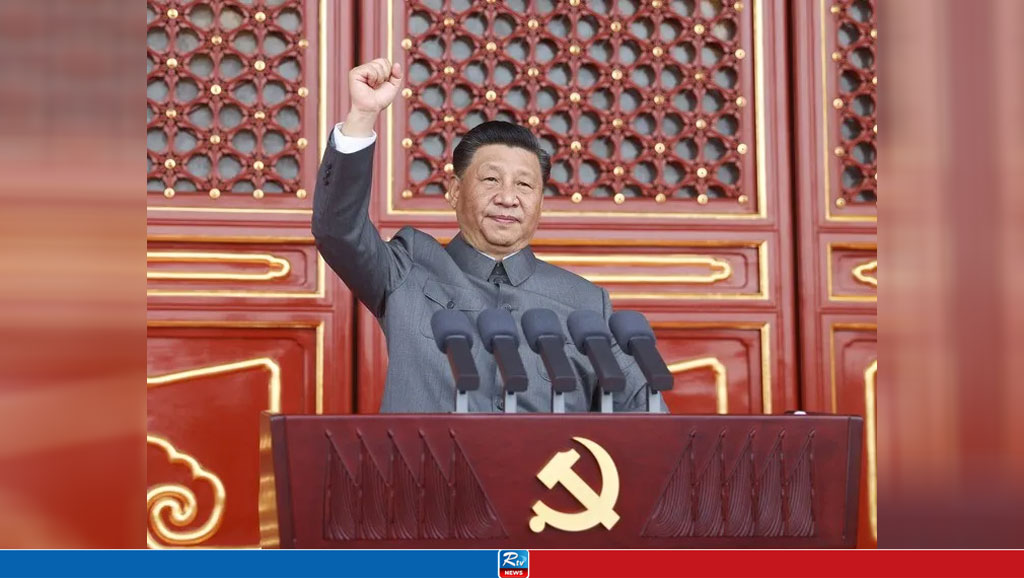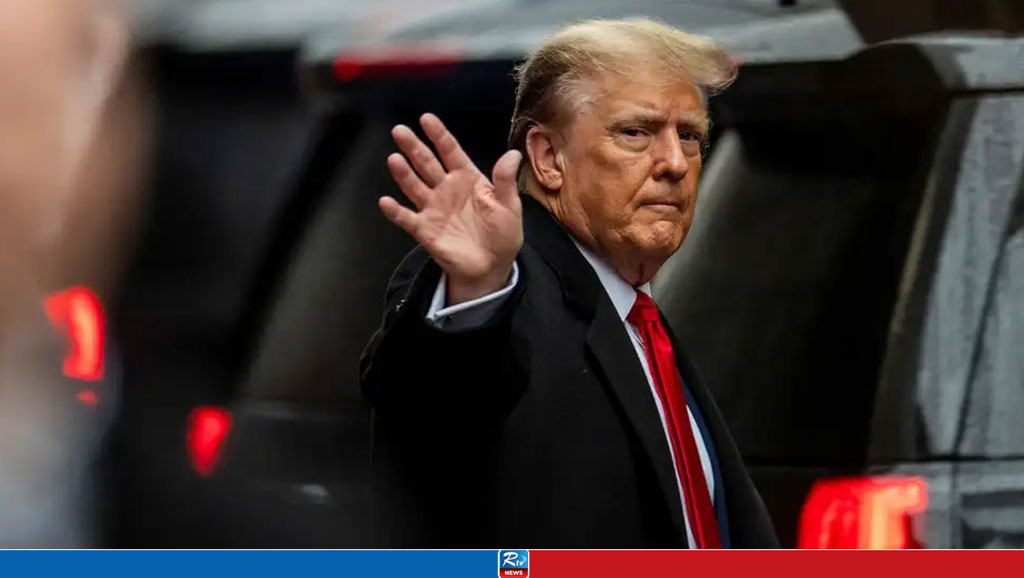Why have thousands of Chinese workers left Africa over the past decade?
Around two decades ago, former Chinese president Jiang Zemin’s push for businesses to “go out” saw thousands of mainland companies head to Africa in search of new markets and raw materials.
With them, went thousands of Chinese migrant workers and by 2015 they numbered around 263,000 in Africa.
But since that peak, the number of Chinese workers in Africa has plummeted as funding for infrastructure projects has dried up, a situation worsened by the coronavirus pandemic.
By the end of 2021, the official number of Chinese workers in Africa was about 93,000, a fall of 64 per cent from 2015, according to an International Monetary Fund (IMF) working paper about China’s economic engagements with Africa published in February.
In Algeria and Angola almost 90 per cent of the number of registered Chinese workers left. The paper did note, however, the real total may be slightly higher as those numbers did not include informal migrants such as private traders, investors and shopkeepers.
The decline in workers is inextricably linked to the gross annual revenues of Chinese companies’ construction projects in Africa.
“There is a positive correlation between the number of Chinese workers and the gross revenues of Chinese companies in Africa, especially before the pandemic,” the IMF paper said.
It said the revenue of Chinese companies involved in engineering and construction projects in Africa reached its peak in 2015, and then began falling gradually. In 2021, that revenue figure was US$37 billion, a 3 per cent drop from the previous year.
According to data compiled by the China Africa Research Initiative (CARI) at Johns Hopkins University’s School of Advanced International Studies (SAIS), the number of Chinese workers in Africa fell again in 2022 to a low of 88,371.
The pandemic was responsible for a large part of the decline. In 2020 alone, the number of workers roughly halved because of Covid-induced travel challenges.
“So construction was still down in 2022 from Covid. China did not open its borders until January 2023,” CARI director Deborah Brautigam said.
CARI data showed that of the 93,526 Chinese workers in Africa in 2021, 72,526 were in project contracting and 21,000 were in services, including manufacturing labourers, hotel workers and cooks. In 2022, there were 62,686 Chinese workers in project contracting and 25,685 in services, according to CARI.
In 2022, the top five countries with Chinese workers were the Democratic Republic of the Congo, Algeria, Egypt, Nigeria and Angola, which accounted for 42 per cent of all Chinese workers in Africa.
CARI data also showed that in 2013, Angola had 50,526 Chinese workers but the number dropped to 6,784 by 2022. Similarly, Algeria had 91,596 Chinese workers in 2015 but by 2022, the number of Chinese workers had plummeted to 7,462.
Dominik Kopinski, an associate professor in the Institute of Economics at the University of Wroclaw and senior adviser at the Polish Economic Institute, said that in Angola, the decline was directly linked to two factors: the economic crisis following the post-2014 oil price plunge and the drying up of Chinese loans.
This led to the disappearance of most Chinese state-owned enterprises (SOEs) and their workers, as well as many Chinese businesses catering to Chinese migrants, such as restaurants, according to Kopinski.
He said Angola was notable because, after the civil war ended there in 2002, the government essentially outsourced national reconstruction to Chinese firms. This resulted in a significant influx of Chinese SOEs, subcontractors and around 300,000 migrants.
“Today the estimates vary, but my guesstimate based on the interviews we did back in 2022 is that there are around 20,000 Chinese migrants living in Angola,” he said.
Kopinski said he expected that figure to rise, but the increase would be moderate and gradual. Large loans and multibillion-dollar infrastructure projects were also very unlikely to return.
“Chinese migration in Angola has become more reminiscent of Portuguese migration after 1910, with small family businesses, traders and farmers venturing into inhospitable lands outside of large urban areas, where others do not dare to go,” he said.
However, Egypt is bucking the trend, recording increases in Chinese workers in recent years, albeit small ones. Chinese companies have undertaken massive projects at the Suez Canal as well as the new administrative capital in Cairo, with the number of Chinese workers there rising from just over 2,000 in 2015 to 7,358 in 2022.
It is a similar story in the DRC. Chinese investors and workers have continued to follow the fortunes of the country’s mining industry, which supplies most of China’s cobalt. The number of Chinese workers in the DRC rose to 8,705 in 2021 from 5,155 in 2014, figures that do not include many more undocumented Chinese migrants who run small businesses, including in artisanal mining.
CARI’s Brautigam said the presence of Chinese workers was closely correlated with available project finance, such as bank lending in Angola and the Republic of Congo or commodity export revenues in Algeria.
She said Chinese project lending flattened out and then declined after the peak of 2013, since Africa looked riskier as the price of commodities, like oil, fell sharply.
“So fewer new projects were started and fewer workers were sent,” Brautigam said.
She said some of the decline was also because Chinese companies increasingly hired local workers the longer they were present in a country.
“And of course the sharp drop in 2020 and 2021 reflects the impact of the pandemic,” she said.
Brautigam said there would be a recovery in the future but not at the same levels that were seen previously.
“We are unlikely to see a return to the high numbers of the past decade,” she said.
Source: South China Post
13 Mar 2024,19:48



















 Live Tv
Live Tv









